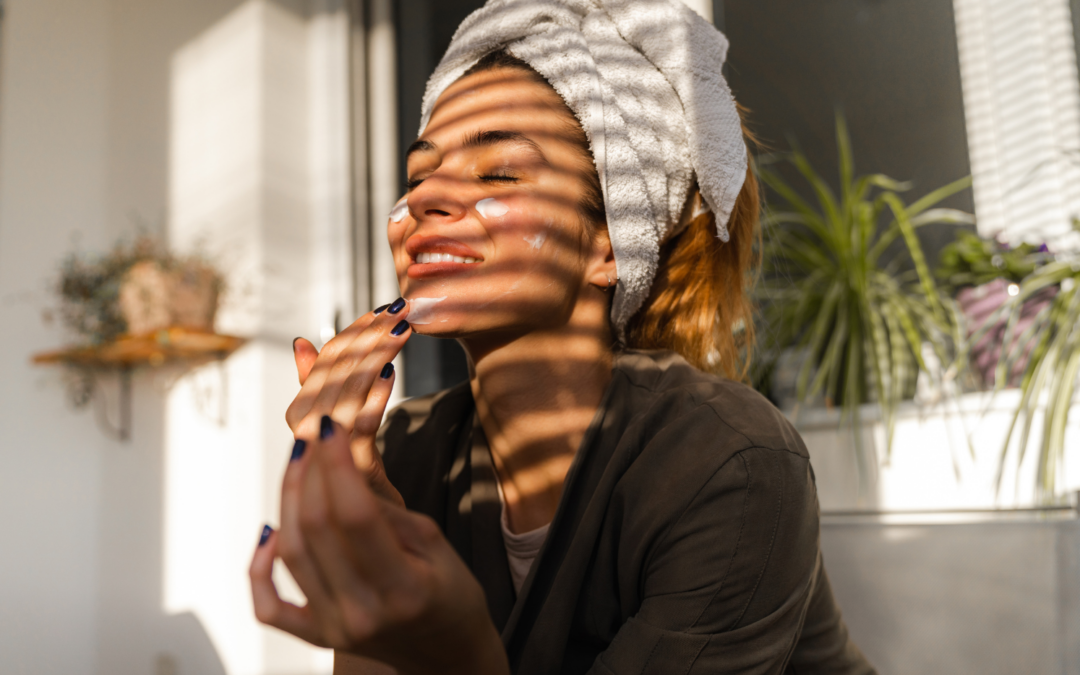Have you ever noticed how easy it is to take care of everyone else but yourself?
Whether it’s making sure friends and family are okay, meeting deadlines at work, or constantly being available to others, you can quickly find yourself at the bottom of the priority list.
But here’s a hard truth: Nobody will prioritize your needs and wants if you don’t.
Self-love is not selfish; it’s essential.
If you don’t honor what you need and want, others won’t either—because how you treat yourself sets the standard for how others treat you. And more importantly, taking care of yourself helps you live a more fulfilling, balanced, and joyful life.
But self-love isn’t always easy.
Many of us have been conditioned to put others first, or to believe that prioritizing ourselves is wrong.
Learning to love yourself is a process, but it’s one worth investing in.
What is Self-Love, Really?
Self-love goes beyond pampering yourself with bubble baths or spa days (although those can be nice, too!).
At its core, self-love is about recognizing your worth and treating yourself with kindness, compassion, and respect.
It’s understanding that your needs and desires are valid. It’s about creating healthy boundaries, listening to your inner voice, and honoring what feels right for you.
Self-love is the foundation of a happy, fulfilled life—because when you take care of yourself, you’re better equipped to take care of others and handle life’s challenges with grace.
Why You Deserve to Prioritize Yourself
Imagine this: you’re on an airplane, and during the safety briefing, they tell you to put your oxygen mask on first before helping others.
Why? Because if you pass out, you won’t be able to help anyone.
This is exactly how self-love works.
If you don’t take care of yourself, you’re not going to be in the best place to take care of others or tackle the demands of life.
Prioritizing yourself isn’t just about feeling good; it’s about ensuring you have the energy, mental clarity, and emotional well-being to live your best life.
Self-love gives you the ability to say “no” when you need rest, to take a step back when things feel overwhelming, and to advocate for your own needs in relationships, work, and daily life.
Here’s why prioritizing self-love is so important:
- It improves your mental health: When you love yourself, you naturally create a more positive and nurturing internal dialogue. You stop beating yourself up for small mistakes and start offering yourself compassion. This shift can drastically improve your mental health, reducing anxiety, stress, and feelings of self-doubt.
- It strengthens relationships: You’ve probably heard the phrase, “You can’t pour from an empty cup.” When you prioritize your well-being, you can show up more fully in your relationships. You’re not giving from a place of exhaustion or resentment, but from a place of fulfillment and energy.
- It sets healthy boundaries: Self-love allows you to recognize when you need space, time, or help. It empowers you to set boundaries that protect your mental and emotional health. Boundaries are essential for maintaining healthy relationships and ensuring you don’t feel taken advantage of or overwhelmed.
- It helps you achieve your goals: When you believe you’re worthy, you’re more likely to pursue your dreams. Self-love gives you the confidence to go after what you want in life, whether that’s a new job, a healthier body, or deeper connections with loved ones. You stop holding yourself back out of fear and start living life more fully.
How to Practice Self-Love Daily
Self-love doesn’t happen overnight, and it’s not something you “perfect.”
It’s a lifelong practice of honoring yourself and showing up for your own needs. Here are some simple ways to practice self-love daily:
- Treat yourself like someone you love: Imagine how you treat a friend or family member you deeply care about. You’re kind to them, you support them, and you don’t speak to them harshly when they make mistakes. Start doing the same for yourself. Be your own biggest cheerleader.
- Say no without guilt: One of the biggest acts of self-love is saying “no” when you need to. Whether it’s declining an invitation because you need rest or setting a boundary with someone who drains your energy, saying no is a powerful way to prioritize your needs.
- Take time for yourself: Whether it’s five minutes in the morning to meditate, a walk in nature, or an evening curled up with a good book, make time for activities that nourish your soul. Taking time for yourself isn’t a luxury—it’s a necessity.
- Celebrate your wins: No matter how small, celebrate your accomplishments. Whether you completed a project at work, made time for a workout, or simply got through a tough day, take a moment to acknowledge your achievements.
- Let go of perfection: Self-love isn’t about being perfect. It’s about accepting yourself as you are—flaws, imperfections, and all. Let go of the need to be “perfect” and embrace the messiness of being human.
- Listen to your needs: Check in with yourself regularly. Are you feeling tired? Overwhelmed? Excited? Joyful? Learn to listen to your emotions and physical cues, and honor what your body and mind are telling you. This might mean taking a nap, asking for help, or simply pausing to reflect.
- Surround yourself with positive influences: You deserve to be around people who uplift and support you. Spend time with those who make you feel good about yourself, and distance yourself from toxic relationships that drain your energy or make you doubt your worth.
Why Self-Love Changes Everything
When you start to love yourself, everything changes.
You begin to see life through a different lens, one where your happiness and well-being matter just as much as anyone else’s.
You stop settling for less—less in relationships, less in opportunities, and less in life.
Loving yourself also means accepting the fact that you’re a work in progress, and that’s okay. It’s about showing yourself patience and grace during the tough times and celebrating the small victories along the way.
Over time, self-love creates a ripple effect. When you love yourself, you naturally teach others how to treat you.
Your self-worth becomes evident to the people around you, and they respond accordingly.
You attract healthier relationships, feel more confident in pursuing your goals, and create a life that reflects your values and desires.
FAQs:
How do I start to love myself?
Starting to love yourself begins with small daily acts of kindness toward yourself.
Treat yourself with compassion, set boundaries, and acknowledge your worth. Celebrate your wins and practice self-acceptance.
What does self-love mean?
Self-love is about valuing and caring for yourself emotionally, mentally, and physically. It involves treating yourself with kindness, setting healthy boundaries, and prioritizing your own needs and happiness.
How to fix lack of self-love?
Fixing a lack of self-love involves rewiring your mindset and breaking the habit of negative self-talk. Start with small actions like acknowledging your achievements, practicing self-compassion, and setting boundaries to protect your well-being.
Why do I struggle to love myself?
Many people struggle with self-love because of societal pressures, past experiences, or negative self-beliefs. It’s important to recognize that self-love is a journey, and it’s okay to take small steps toward accepting yourself as you are.
Therapy, self-reflection, and surrounding yourself with supportive people can help.




